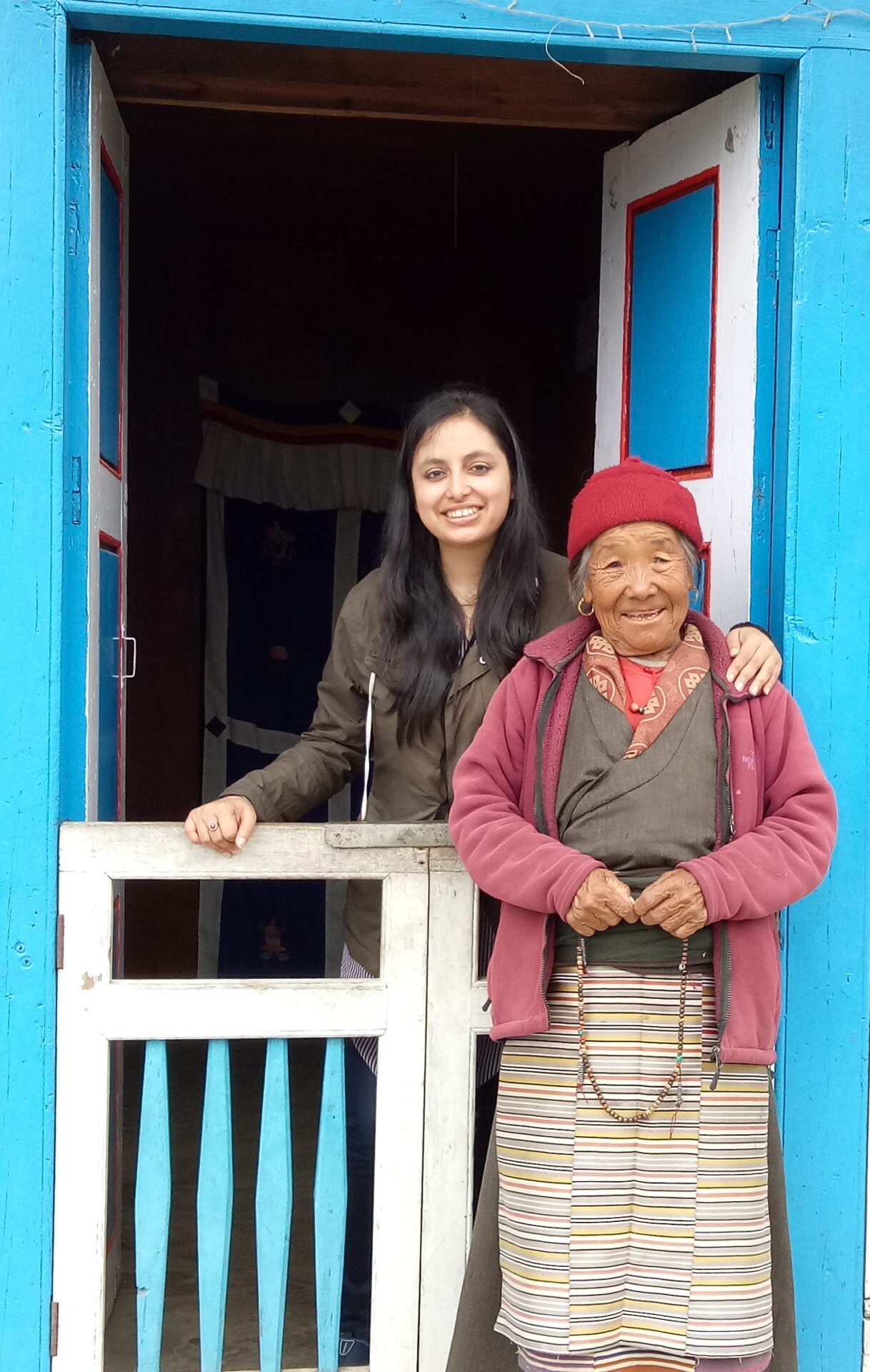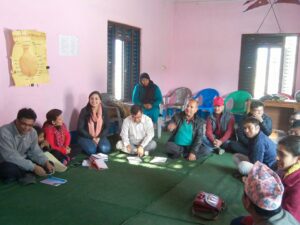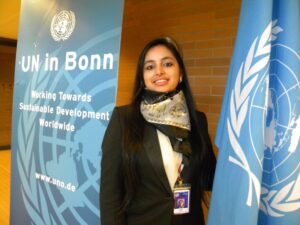
By Sushila Pandit, GCDC Doctoral Candidate, School of Social Policy, Sociology and Social Research
When my GCDC buddy asked me to write a blog piece, I quickly said yes but wasn’t sure of what to write about. Do I want to write something about the online study that I am doing due to pandemic, the research I am doing for my PhD or something about myself. Pretty unsure about it but want to start off with a tragic memory, In September 2006 a catastrophic helicopter accident occur in the Eastern Himalayas in Nepal, where Nepal lost 24 national and international conservation heroes. This was a big loss not only to Nepal but to the global conservation community. On that time, I had just completed my high school and exploring options for my further study and this incident become a turning point in my life where I realise that there is these heroes who had given their life understanding and exploring nature and linking it to the life and livelihood of communities; the different genera of people and their passion to work for the benefit of people and the environment, their plans and dreams which was shattered by the tragic accident, it had created me a feeling to dig deeper and understand the sector more and to explore the region and build a career and pathway on their footsteps. Down the line, 15 years later I will be travelling to the same places and will be exploring the hardship of mountain people and their challenges on raising voices on policies for the impact they are facing due to changing climate. It feels like I started the journey through the inspiration of those heroes and now I am doing my piece of work as a tribute to them, fulfilling the dream which they had thought of, to serve the mountain communities.
I started my climate journey as a “Climate Volunteer” in 2007 parallel to my study on environment science. Since then I was working with many organisations for the issue around climate change which had flourished my enthusiasm and passion on the sector. Being a young climate activist from a global south country had made realise the need of raising voice; the voice that’s mostly unheard of and the voices that’s lost on their way towards big negotiations and arguments. I had participated in international negotiations and different national policy formulation forums and had felt the gap of “unheard voices of the vulnerable”. I work in the development sector for more than a decade in multiple roles/responsibilities, understanding the sector in and out there are many challenges and hindrance to make the effort to voice, to fight from the ground itself. There are lot of power dynamics, socio-cultural constraints and huge scientific-technological jargons which make the people feel that they don’t understand anything and they are not capable of raising voice and not even their voice matters. We had practiced a lot of examples around community led initiatives/practices which had worked much better than other technical approaches but we still doubt the knowledge and skill they have, thus I want to explore the indigenous knowledge and practices these community have around climate adaptation (autonomous adaptation) and exploring these ideas further on whether they are scientifically backed up and/or can come up in policies and plans and whether the policies and plans around climate adaptation (planned adaptation) developed by the government is implemented by these communities or not.

Figure 1: Conducting a FGD with program beneficiaries in the mountains of Nepal
This research idea was constructed through my working experience in the South Asian countries. The framework of this PhD research is an action research which will not only be limited to scientific publication but I want it to be translated/transferred to the south Asian countries both government and development sector to better address the issues and work constructively for the poor and vulnerable mountain communities. The overall aim of this research is to identify the major challenge and effectiveness of different frameworks applied in climate adaptation plan in resource poor and vulnerable settings from local to global level in eastern Himalayan landscape, as this is a remote and very sensitive ecoregion in context of climate change. This research will also explore existing regional initiatives and gaps among countries for regional cooperation on climate adaptation in trans boundary landscape setting. Addressing the impact of climate change requires systemic approach; hence the research is focused on multiple levels. We start with the communities to identify the coordinated and uncoordinated, autonomous adaptation practices to strengthen resilience in anticipation of climate related challenges to mountain livelihood and then looking at how climate adaptation policies at multi-structural level are coordinated and supports each other and how the eastern Himalayan countries are advocating for global advocacy agenda on mountain adaptation.

Figure 2: Exploring climate policies in UNFCCC headquarter at Bonn as Global Gender Fellow in SDM (Sustainable Development Mechanism) unit